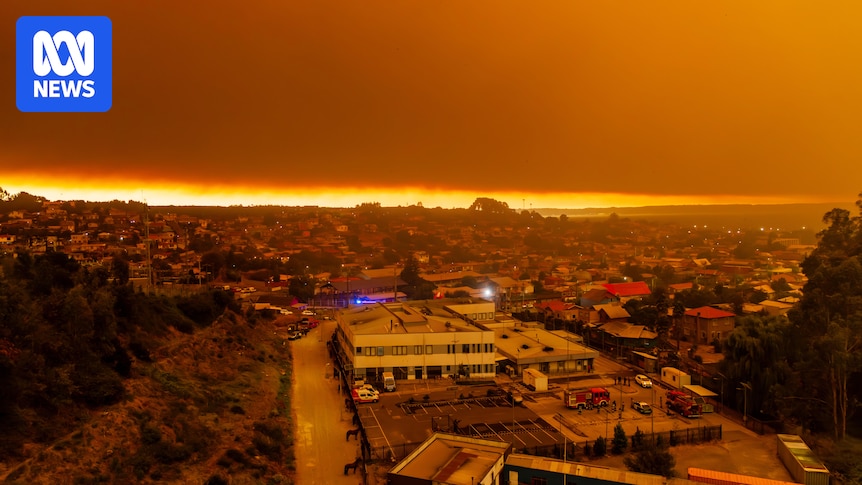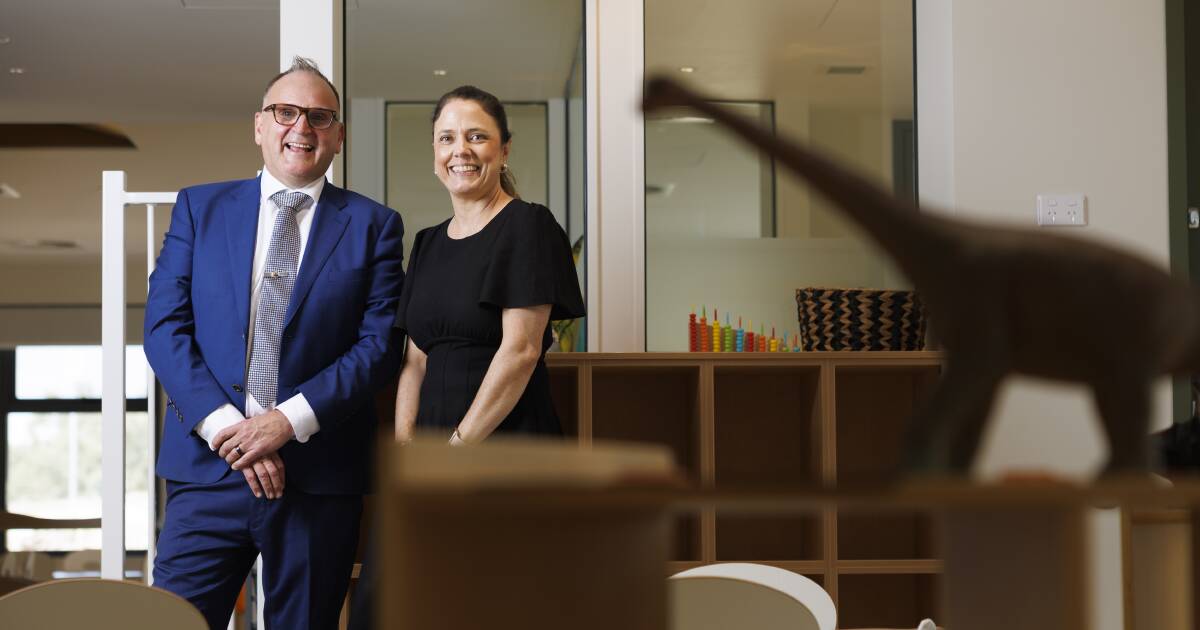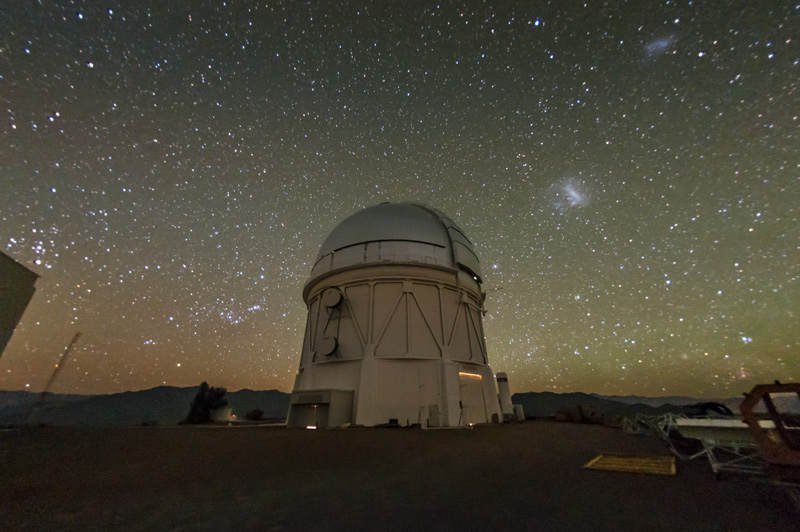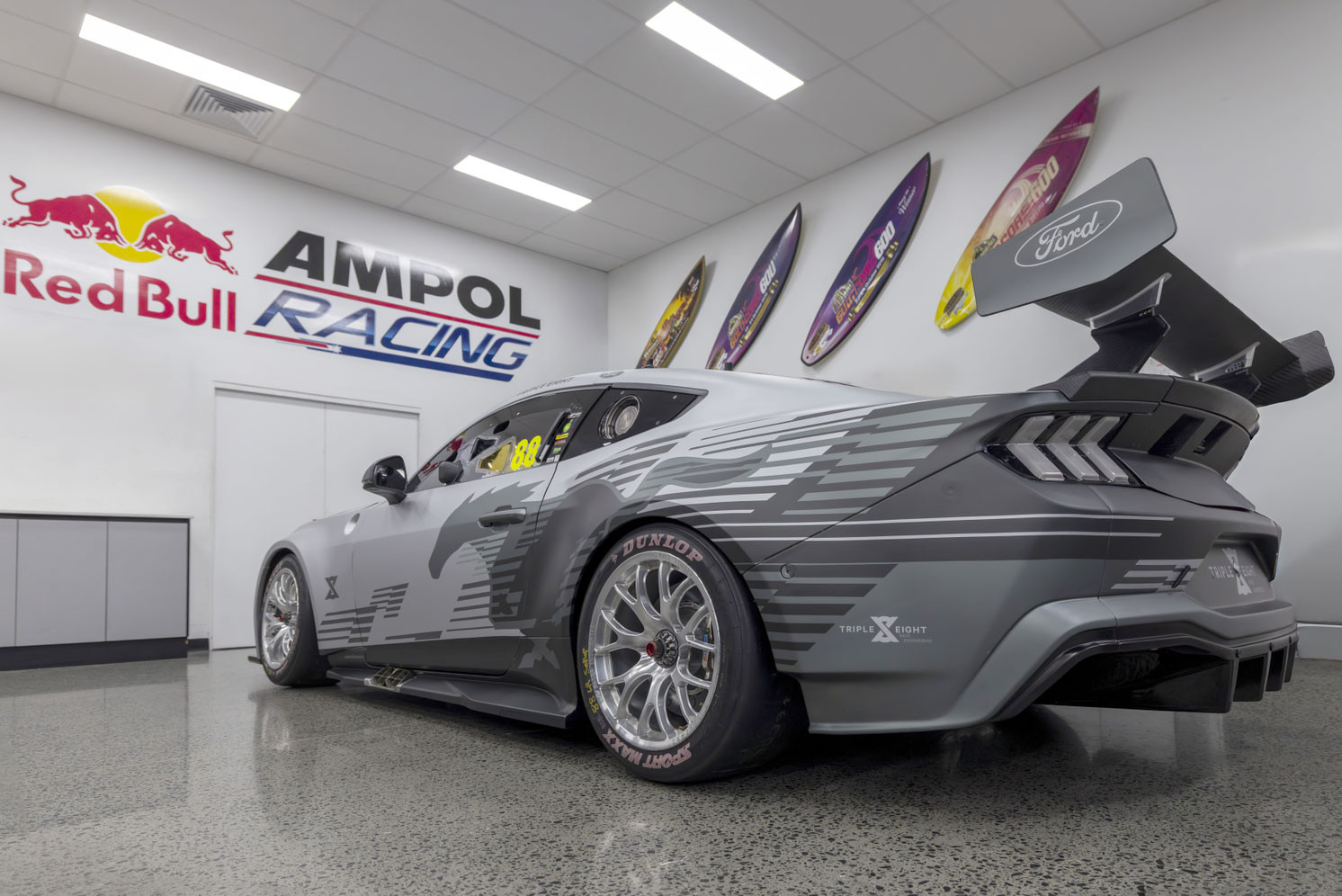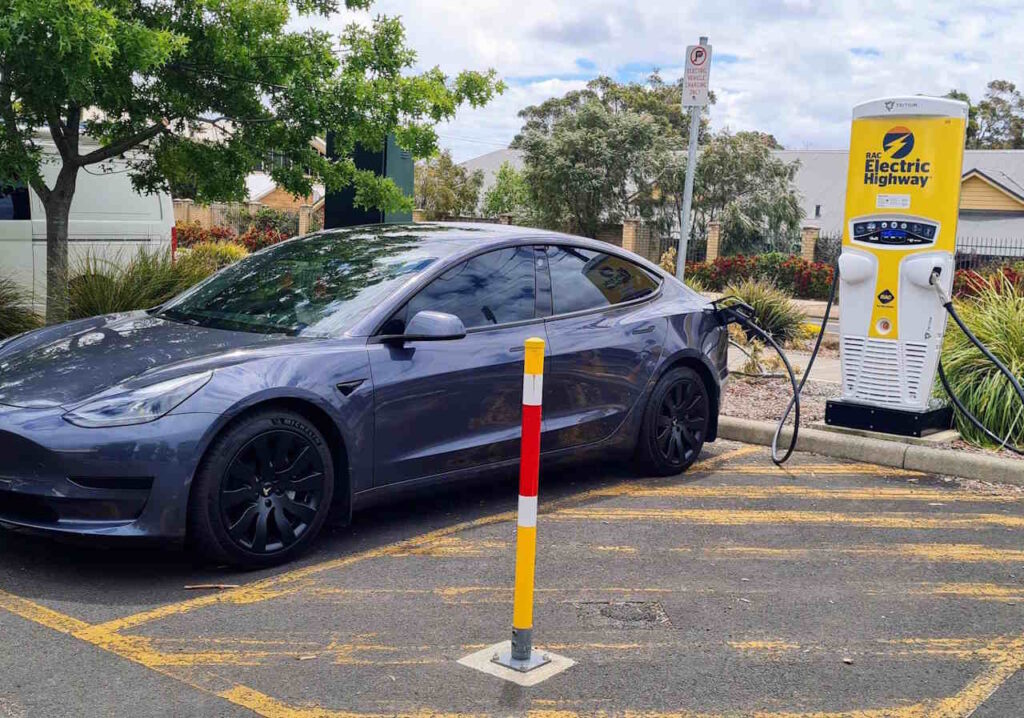
The Royal Automobile Club of Western Australia (RAC WA) has quietly withdrawn its involvement from the Electric Highway, a pioneering electric vehicle (EV) charging initiative, transferring much of the responsibility to local councils. The decision has sparked concerns among EV drivers, fearing that some crucial fast chargers on rural roads might become inoperative due to a lack of support.
The Electric Highway, launched in 2015, was a groundbreaking project featuring 12 fast charging stations connecting Perth to Augusta. Over time, it expanded to 16 locations, stretching from Monkey Mia to Esperance, and was co-funded by RAC WA with technology from local firm E-Station. It aimed to cover popular tourist spots and alleviate range anxiety for EV owners.
RAC’s Strategic Shift
According to RAC WA, the Electric Highway has fulfilled its purpose as a catalyst for investment in EV infrastructure. Terry Durant, RAC Group executive for social and community impact, stated, “RAC launched the Electric Highway as a platform to open WA up to new transport options and help eliminate the issue of range anxiety among EV owners.” He added, “The RAC Electric Highway has achieved what it set out to, and we are incredibly proud to have operated this successful demonstration project for the past decade.”
Durant highlighted the growth in EV ownership and charging infrastructure, noting that when the project began, there were fewer than 80 electric vehicles on WA roads. Today, there are over 25,000, with more than 150 charging stations across the state.
Local Councils Step In
Despite the project’s success, the transition was not widely publicized, leaving some EV drivers surprised by the removal of RAC signage and the deactivation of certain chargers. The Bridgetown charger, for example, was taken offline in July and removed from the Chargefox network, forcing drivers to travel an additional 30 kilometers to Manjimup for charging.
Responsibility for several Electric Highway stations has been handed over to local councils, which will continue operating them on the Chargefox network. RAC will maintain management of charging stations at its West Perth head office and selected RAC Parks and Resorts and Auto Service Centres.
Local Management Details
- Margaret River and Augusta chargers are now managed by the Shire of Augusta Margaret River.
- Bunbury’s charger is overseen by the City of Bunbury.
- Donnybrook’s charger is managed by the Shire of Donnybrook Balingup.
- Busselton’s charger is under the City of Busselton.
- Harvey’s charger is managed by the Shire of Harvey.
- Mandurah’s charger is overseen by the City of Mandurah.
Future Prospects and Challenges
The Shire of Bridgetown-Greenbushes has confirmed plans to install a new 350kW charger, complete with solar and batteries, by the end of the year. Meanwhile, the charging station in Dunsborough has been closed and is no longer operational.
The transition to local council management marks a new chapter for the Electric Highway. While it reflects the maturation of the EV market in Western Australia, it also presents challenges in ensuring consistent service and support across the network. The Driven has reached out to RAC WA for further comments on the handover and future management strategies for the charging stations.
For ongoing updates and information on operational chargers, RAC WA has updated its RAC Electric Highway page on its website.

